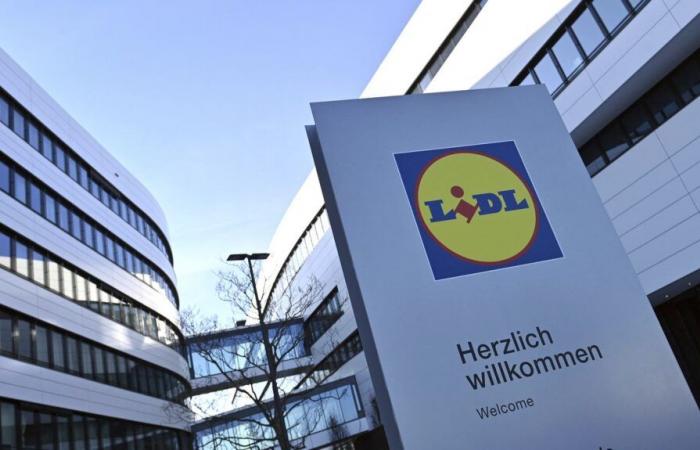This diversification is somewhat surprising. The discount brand Lidl is primarily identified as a player in mass distribution. However, its parent company, Schwarz Group – named after its founder – has invested massively in the cloud sector in recent years. The cloud in the broad sense, i.e. in storage solutions, databases and even cybersecurity.
The subsidiary dedicated to these services, made up of 7,500 employees, even generated 1.9 billion dollars in turnover in 2023, notes the Financial Timeswhich discusses at length the strategy of the German giant. “What they already offer today are all the essential services for e-commerce”observes Ophélie Coelho, independent researcher in digital geopolitics, associated with the Internet and Society Center. “You still need very high-quality cloud services behind this because you have to manage a lot of references, information and personal data.”
Meeting internal needs
The parent company initially developed its own cloud architecture because it met internal needs. But since 2022, the group has been offering its services to other companies. Its customers include software giant SAP, the Port of Hamburg and Bayern Munich, the British daily lists.
A trajectory reminiscent of that of Amazon, whose cloud solution Amazon Web Services (AWS), launched in 2006, has since become one of the most used in the world. The two brands are “guarantees of credibility due to the fact that they meet a business need, e-commerce. This is what is lacking in cloud providers who are only IT players”, explains the researcher.
Control strategic data
But the challenge is also to ensure data control. “We must be aware that today, data from companies, administrations and health constitutes strategic information on society, analysis the author of the book Digital Geopolitics: Imperialism in Giant Steps (L’Atelier editions). So from the moment you are no longer the producer of technologies, if you no longer have the software management of these technologies, you run the risk that these data, at a certain point, will be exploited by other providers. And this is what is happening today with the major cloud players,” such as Amazon, Google or Microsoft.
“For most people, the cloud is just servers where you store data, she adds. But actually no, the cloud is a huge software layer and it is over this software that we have no control at all today. [en Europe]. But it is the one who holds the software who opens or closes the doors.”
Align with European law
“European legislation is a reaction to this”recalls Ophélie Coelho. The GDPR, the General Data Protection Regulation, came into force in the EU in 2018, but the European Union has “realized too late that we were in the process of having data monopolized in many sectors, particularly strategic sectors.”
“Today, there are many companies that want to do business in Europe and are looking for cloud providers that comply with European legislation”says the researcher, mentioning for example Scaleway and OVH. The American giants themselves, being almost in “monopoly situation”, “drag their feet” to comply with European law, sometimes at the cost of hefty fines.






